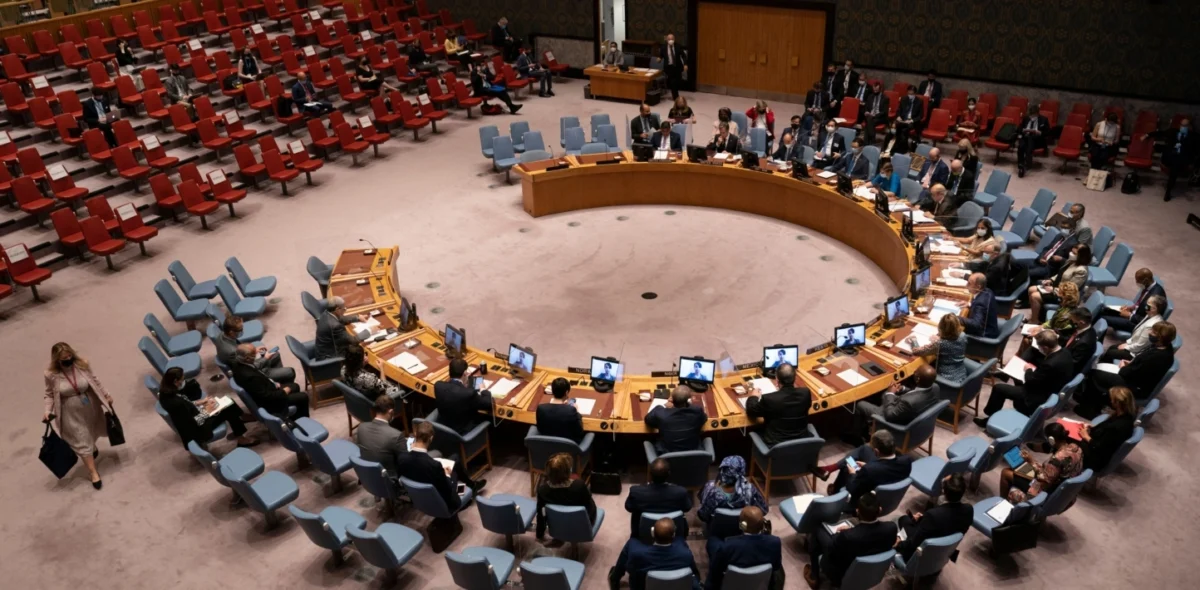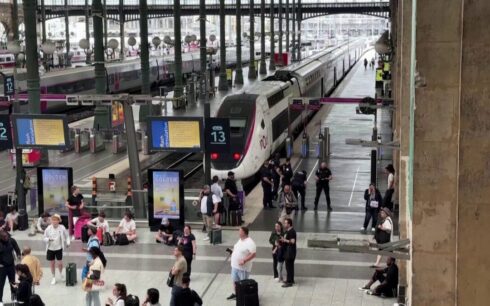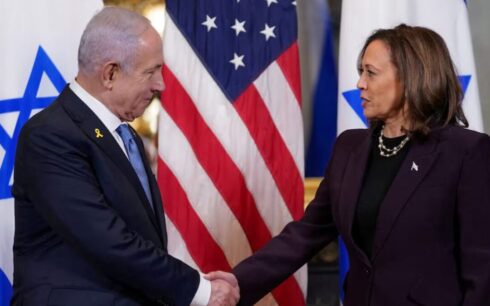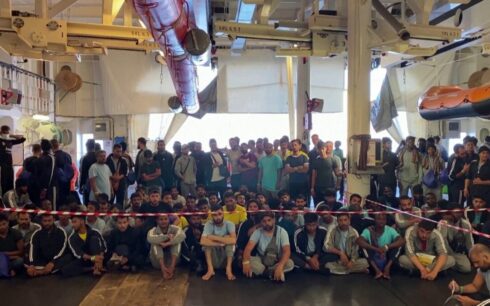Izumi Nakamitsu, UN High Representative for Disarmament Affairs, told member Security Council members on Wednesday that a number of governments have provided heavy conventional armaments and munitions to Ukraine.
Addressing the meeting, requested by the Russian delegation to the UN, Nakamitsu said the weapons provided include battlefield vehicles, air defense capabilities, large-caliber artillery systems, and uncrewed combat aerial vehicles, or drones, among other hardware.
She said several nations have also recently announced their intention to provide progressively heavier, more modern systems — such as frontline battle tanks.
“The large-scale influx of weapons into any situation of armed conflict amplifies concerns regarding the escalation of the conflict and risks of diversion,” she warned, underscoring the need to stick firmly to international protocols governing arms transfers.
Besides arms transfers to Ukraine, the High Representative also cited reports of States transferring weapons, such as combat drones, to the Russian armed forces for use in Ukraine.
In accordance with international norms, she said, any transfers of arms and ammunition should involve pre-transfer risk assessments and post-shipment controls.
Information exchange between the importing, transit and exporting States is also critical, as are appropriate accounting and safeguarding of arms and ammunition, customs and border control measures.
Nakamitsu also emphasized the conflict’s heavy toll on civilians – noting that the UN Human Rights Office (OHCHR) has recorded more than 18,000 civilian casualties to date since Russia’s full-scale invasion began – and reiterated the responsibility of all parties to protect civilians.
Vassily Nebenzia, Russia’s ambassador to the UN, also spoke during Wednesday’s meeting, and drew attention to the “never-ending conveyor belt” of new supplies flooding into Ukraine over the last three months.
He also spotlighted rising share prices of certain defense companies, noting that Western countries have found in Ukraine a pretext with which to significantly increase their defense budgets and the revenues of domestic arms producers.
Meanwhile, he said, those same countries are sending mercenaries and service personnel to the Ukrainian battlefield, without which Kyiv would not be able to operate Western weapon systems.
Against that backdrop, he said, Kyiv and its supporters are responsible for a range of glaring violations of international humanitarian law, carried out by their proxies.
Peace activist ‘speaks for voiceless’
Also addressing the Council at the invitation of Russia, was musician Roger Waters, former band member of Pink Floyd, and peace activist, who stated that he speaks for the countless “voiceless” people around the world who are concerned about the high volume of weapons currently flooding into Ukraine.
Calling for an urgent end to the fighting, he asked the Council’s five permanent members to put their own goals – citing the example of bigger profits for war industries – to one side.
Noting that the invasion of Ukraine by the Russian Federation was indeed illegal, he said it was nevertheless “not unprovoked”. Both actions should be equally condemned, he said.
“Not one more Russian or Ukrainian life is to be spent,” he stressed, emphasizing that the voiceless majority – many of whom cannot afford the most basic necessities – does not willingly raise sons and daughters to serve as fodder for the cannons of the world’s major powers.
Moscow’s war of choice
Sergiy Kyslytsya, Ukraine’s permanent representative, demanded that Russia immediately implement the demands of the General Assembly and the International Court of Justice (ICJ) – namely, to withdraw its troops from Ukraine’s territory.
Describing the conflict as Moscow’s “war of choice”, he also questioned the choice to have Waters – who “knows so little, but seems to know it so fluently” – address the Security Council.
He drew attention to Article 51 of the UN Charter, which explicitly allows countries to exercise their inherent right to “individual or collective self-defense” in the case of an armed attack against a UN Member State.
“If the Security Council remains immobilized by the evil doer and cannot punish it, let us and all responsible nations do this work […] for our common good,” he stressed.
Several Council members echoed that sentiment, demanding Moscow’s full and immediate withdrawal from the internationally recognized borders of Ukraine alongside an urgent ceasefire.
Nicolas de Rivière, France’s ambassador, said the peaceful settlement of the war depends on Russia, “which is entirely responsible for it.”
He pointed out that if Moscow stopped the fighting today there would be peace, but if Ukraine stopped fighting, it would be annihilated.
It is against that backdrop that France is providing assistance to Ukraine, both bilaterally and through the European Union, he said, emphasizing that a sovereign UN Member State has been unilaterally attacked by another.
“Let us not allow [the Russian Federation] to invert who is responsible for what,” he said.





